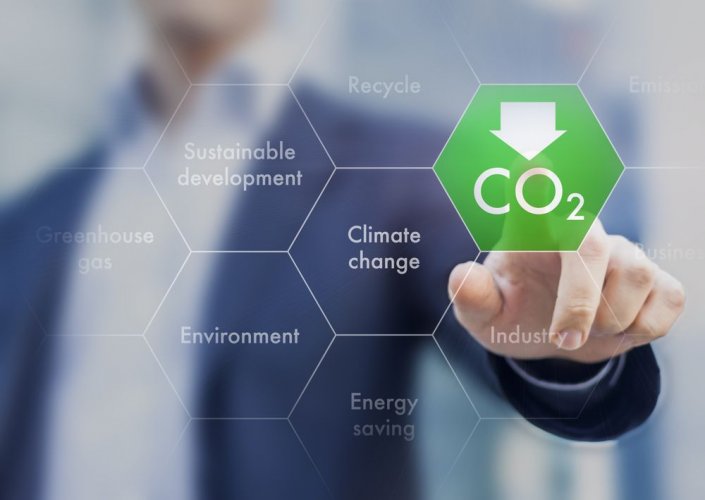MEPs call for the CBAM carbon tax to be extended to aluminum, hydrogen, polymers and organic chemicals, as well as iron and steel, refineries, cement, basic organic chemicals and fertilizers, and indirect emissions.
They also propose to accelerate its implementation from January 1, 2023, with a two-year transition period, according to Nonsoloambiente Store.
At the suggestion of MEPs, CBAM should be extended to all ETS sectors by 2030.
Funds from the sale of Border Carbon Adjustment Certificates have also been proposed as a new source of revenue for the EU budget, and the equivalent of CBAM revenues will be allocated to the least developed countries to help decarbonise the manufacturing sector.
The material explained that the goal of CBAM is to set the price of carbon and avoid the phenomenon of carbon leakage, ie delocalization abroad of European companies and their emissions. There are currently two different carbon pricing systems: the ETS (Emissions Trading Scheme) and the Carbon Trading System.
Under the current ETS, power plants and businesses must purchase a permit for every tonne of CO2 they produce. The price of these permits is based on the market logic of supply and demand. Due to the recent economic crisis and socio-political events on the planet, the demand for permits has decreased, and so has their price. The cost of permits has reached such a low threshold that companies are not recommended to invest in green technologies.
CBAM is part of a series of standards such as Fit for 55. By 2030, the mechanism is expected to cover the energy and energy-intensive industrial sectors, which together account for 94% of EU industrial emissions.
We will remind, Eurofer criticized the intention of the European Parliament change the emissions trading system.
As EcoPoliticа reported earlier, global carbon pricing in 2021 brought a record income.





